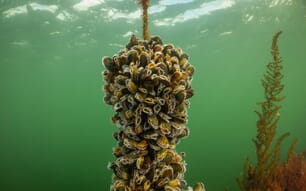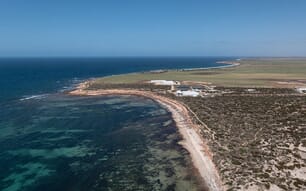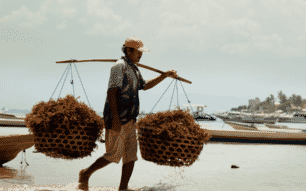The agreement comes after years of negotiations and establishes a number of important principles, including a commitment to sustainable fisheries, a sharing between the Parties, and a commitment to establish a new long-term management plan in 2014 following ICES advice.
The states agreed that the Faroe Islands will receive 12.6 per cent of the Total Allowable Catch (TAC) and the EU and Norway Norway will share 71.8 per cent. A reserve quota was also set aside for Iceland, if it wishes to join the agreement.
Of the EU's share, Spain will receive a quota of 40,473 tonnes, which takes into account deductions due to overfishing in 2009 and 2010. This quota represents an increase of 77 per cent.
European Commissioner for Maritime Affairs and Fisheries, Maria Damanaki, said: “This is a significant day for international fisheries. This landmark agreement testifies to the EU's commitment to sustainable fishing at home and abroad. The talks were long and intensive and given the potential risk to the stock, the stakes could not have been much higher. This agreement ensures the long term sustainability of this valuable stock. The door is still open for Iceland to join the other Parties in the near future."
The agreement was welcomed by Scottish fishermen who will benefit from an extra 100,000 tonnes of mackerel, after their total quota was agreed at over 210,000 tonnes which is roughly equivalent to 42 per cent of the total EU quota.
Scottish Fisheries Secretary Richard Lochhead commented: “After all these years waiting for a deal this agreement will bring welcome relief to the Scottish fishing industry.
“There have been times when any agreement seemed far away but we have been clear that any deal would need to be good for the Scottish industry. I believe the increase in almost 100,000 tonnes of mackerel quota will bring much needed certainty over the next few years and allow businesses to plan ahead.
"I hope Iceland will now step forward and join the agreement to make it complete and allow the international fishery to be properly and sustainably managed, and that, now the negotiations are concluded, Scotland’s fisherman can move forward with confidence and continue to make their outstanding contribution to the Scottish economy.”



